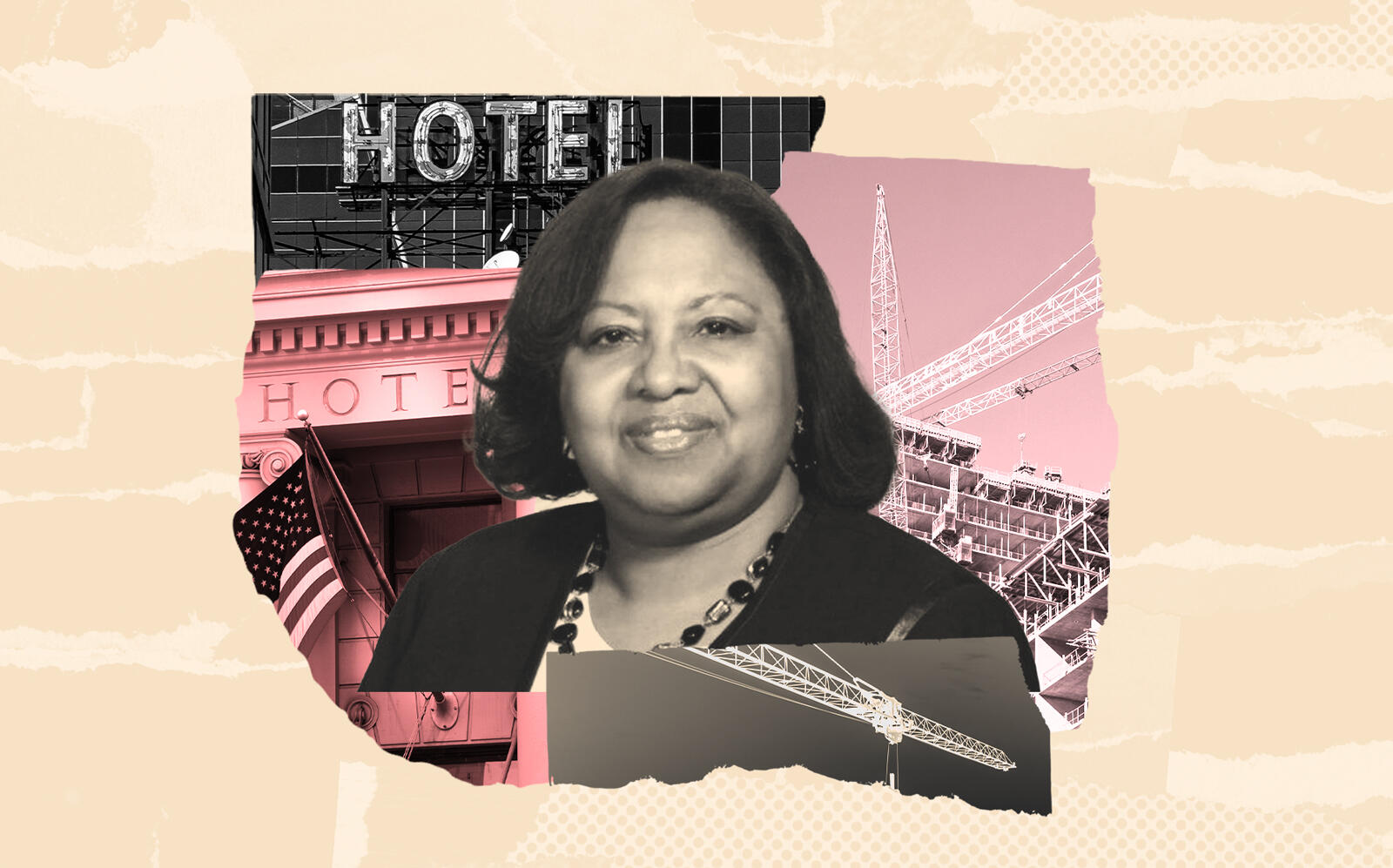 Ex-City Planning officials criticize “hollow” hotel permits proposal
Ex-City Planning officials criticize “hollow” hotel permits proposal
Trending
City Planning votes to restrict hotel development
Commission approval sends issue to City Council

Hotel developers in New York City may soon face a large obstacle to getting their projects approved.
The City Planning Commission on Wednesday approved a zoning text amendment to require special permits for all new hotel construction, sending the proposal on to the City Council.
Only two commissioners, Richard Eaddy and Anna Levin, voted against the plan, which is opposed by the real estate industry and even some de Blasio administration planners. Levin cited concerns that the citywide permit requirement was not the best way to address as-of-right hotel development that clashes with its surrounding neighborhood.
Read more
 Ex-City Planning officials criticize “hollow” hotel permits proposal
Ex-City Planning officials criticize “hollow” hotel permits proposal
 Mayor still bent on limiting new hotels: sources
Mayor still bent on limiting new hotels: sources
Anita Laremont, named to chair the commission and head the Department of City Planning last month by Mayor Bill de Blasio, voted in favor of the proposal without comment.
Commissioner Alfred Cerullo said he “reluctantly” voted in favor of the proposal, calling the decision a “land use Sophie’s choice.” He noted that a report prepared by City Planning, not yet publicly available, laid out a “roadmap to why it should be approved.” He acknowledged his previous criticism of the plan, saying that “the land use rationale was questionable at best,” and “the underlying motivation suspect.”
Still, Cereullo, a former City Council member, cited first-hand experience with ill-planned hotels in his community in Staten Island as helping to guide his vote.
Hotel developers and other real estate professionals have argued that the proposal will snuff out hotel construction at a time that the industry is struggling. A newly formed trade group filed a lawsuit this week calling the text amendment a giveaway to the Hotel Trades Council.
If, as expected, the text amendment is approved by the City Council and mayor, new and expanded hotel projects will have to go through the city’s Uniform Land Use Review Procedure. The lawsuit and other critics have argued that this will give the hotel union tremendous leverage to unionize new hotels or prevent them altogether.
Former and current City Planning officials have also raised concerns about the land-use purpose of restricting hotel development citywide. The New York Times reported that Laremont’s predecessor, Marisa Lago, wrote in an internal memo last year that the proposal “could be seen as contrary to economic recovery principles and sound planning.”
But the change has remained a priority for the de Blasio administration, which changed its strategy of incrementally requiring special permits for hotel construction in certain districts to implementing a citywide plan. The administration said the latter would help “support more predictable development and limit the extent to which a hotel use may impair the future use or development of the surrounding area.”
The Hotel Trades Council has been a prominent supporter of the mayor’s and of City Council Speaker Corey Johnson.
The push for special permits was triggered by a vast expansion over the past 20 years of nonunion hotels, especially in Manhattan and Brooklyn, which helped power — and was made possible by — a boom in tourism.
According to the city’s final environmental impact statement on the plan, the new hurdle is expected to result in 47,070 fewer hotel rooms than would otherwise exist by 2035. The city estimates that hotel supply would reach 127,660 rooms by then, versus 174,730 rooms if hotel development remained as-of-right in commercial districts.




